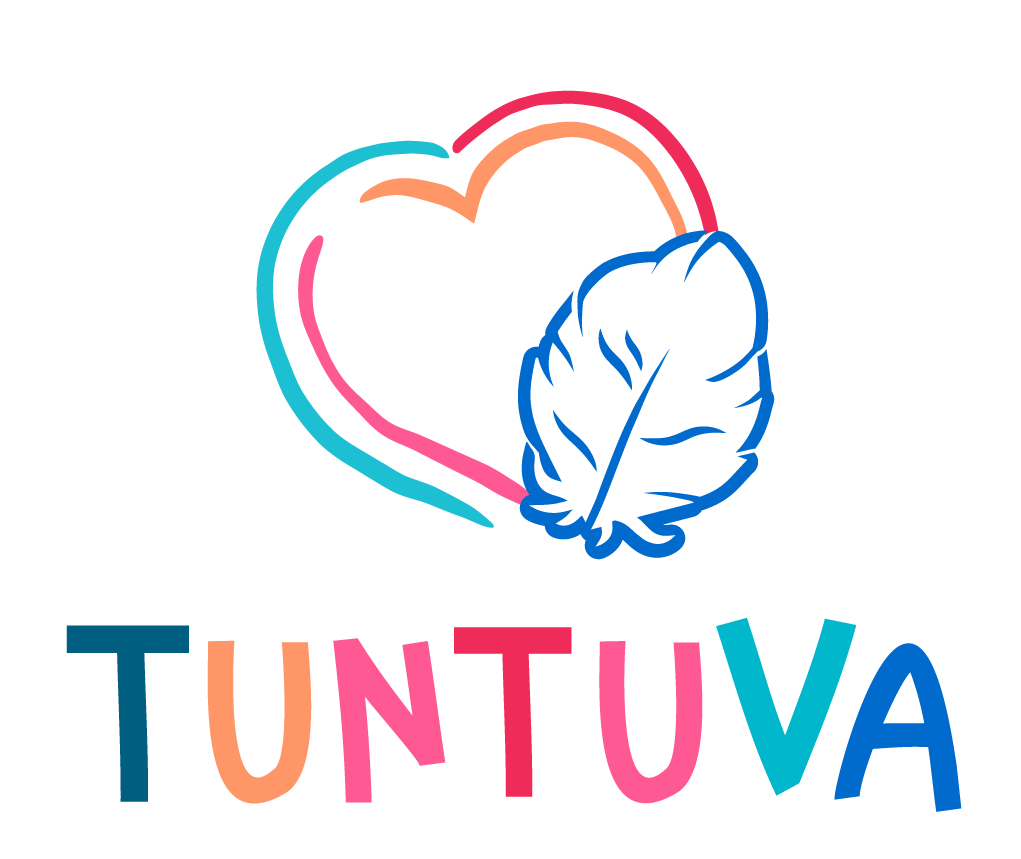
“It has become clearer that the adult’s role in children’s emotion regulation is to be the person who walks beside and supports children through emotions. And that rehearsing emotion regulation can be supported best in normal everyday situations.” (TunTuVa -program participant).
Years of research show that emotion regulation skills support children’s healthy development long into adulthood. They foster learning, social relations and mental health (Robson, 2020). These skills are even more important in times when people need to manage changes and economic and societal uncertainty, but unfortunately, we still often fail to provide this support for our future generations.
Systematic and sensitive support from educators creates opportunities for children to learn to regulate emotions during the important early years, when unfavorable paths in emotional development can still be prevented. But, also the educators need support to help children learn these skills. For this, we developed and carried out a work-integrated research-based collaborative learning program called TunTuVa for 450 early childhood educators. Our aim was to help educators to become experts in supporting children’s emotional development. The program has been developed in constant interaction between research and practice. It draws on theoretical framework of emotion regulation, research on emotional development and collaborative and professional learning as well as on feedback and interactions with educators.
TunTuVa is designed for long-term observation and reflection of educators’ own, their team’s and ECE unit’s practices. The specific goals of the program include 1) improving educators’ shared understanding of children’s emotional development, 2) helping them to identify possibilities for children’s learning, and 3) to support children’s emotion regulation in versatile ways. And finally, it guides educators to 4) monitor and adjust support according to child’s skills and needs. The program supports the teams to consolidate new practices to foster children’s emotional development.
“The program has made us pull together as a group more. Together we have become more aware of children’s and adults’ feelings.” (Participant)
Tuntuva includes versatile, free material for learning: e.g., videos, tasks, learning log and TunTuVa-workbook (https://tuntuvahanke.wordpress.com/in-english/). These materials can be utilized along with normal working with children, so that educators can connect the materials to their own practices. The effects of the program on educators’ professional learning were evident: they became better at identifying learning opportunities from everyday interactions and more confident in supporting children’s emotion regulation. Moreover, the impact of the program was visible in the practical plans educators made for their development of practices. Promising TunTuVa results provide new knowledge of co-regulation skills and their development among educators (Kurki et al., 2016).
Hear more about TunTuVa-program and results during our presentation at the Award session of the EAPRIL conference!
References
Kurki, K., Järvenoja, H., Järvelä, S. & Mykkänen, A. (2016). How teachers co-regulate children’s emotions and behaviour in socio-emotionally challenging situations in day-care settings. Int. J. Educ. Res.76, 76–88. https://doi.org/10.1016/j.ijer.2016.02.002
Robson, D. A., Allen, M. S. & Howard, S. J. (2020). Self-regulation in childhood as a predictor of future outcomes: a meta-analytic review. Psychol. Bull. 146, 324–354. https://doi.org/10.1037/bul0000227
